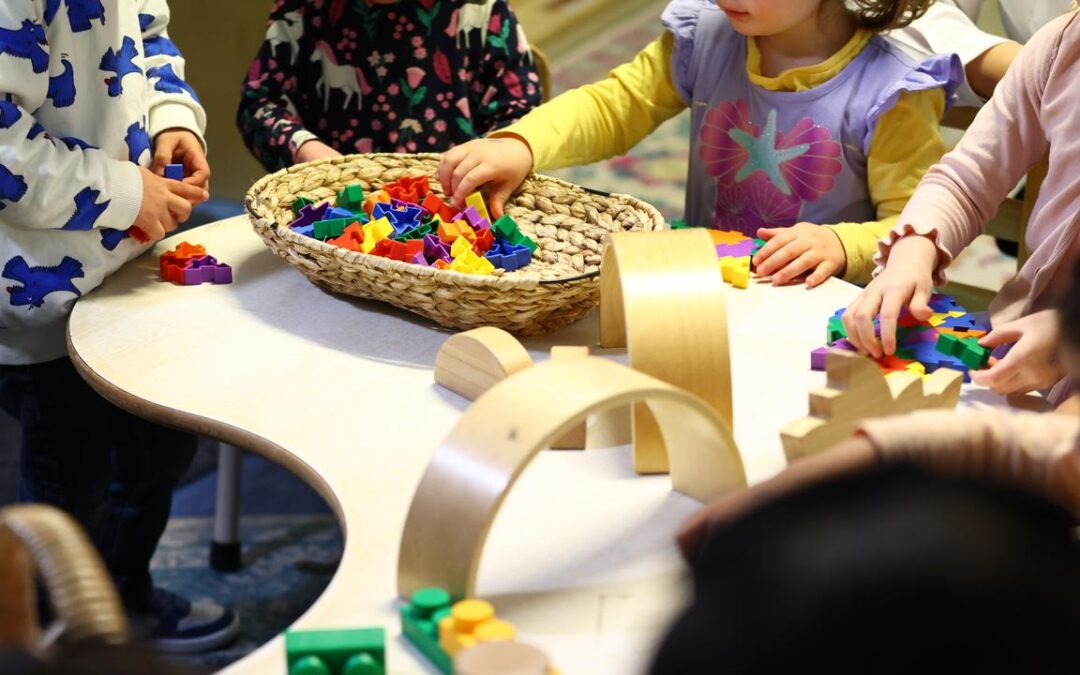
‘Not acceptable’: child ‘groomer’ retains work permit
An early educator continued working in the childcare sector for years despite a major provider substantiating grooming allegations.
The Victorian government is moving to cancel the man’s working with children check after details of his employment history emerged on Wednesday.
Goodstart Early Learning reported allegations to Victorian authorities in August 2020 that the worker had acted inappropriately towards children at one of its centres in the Geelong area.
Police decided the claims didn’t meet the criminal threshold but an internal investigation substantiated that he groomed and kissed toddlers, leading to his sacking in September 2020.
Goodstart chief executive Ros Baxter said fellow staff did the right thing in reporting their concerns of “grooming”.
“On the basis of the investigation, the person was dismissed and we also ensured that all the appropriate regulatory authorities were advised of that outcome,” she told ABC radio on Wednesday.
His working with children check was referred for review but remained valid, although he was issued a prohibition notice in 2024 after a separate, unsubstantiated allegation in 2023.
Premier Jacinta Allan confirmed a process was underway to strip the man of his clearance after details of his work history were reported by the ABC.
“It’s not acceptable that this individual has been in the system for this period of time,” Ms Allan told reporters.
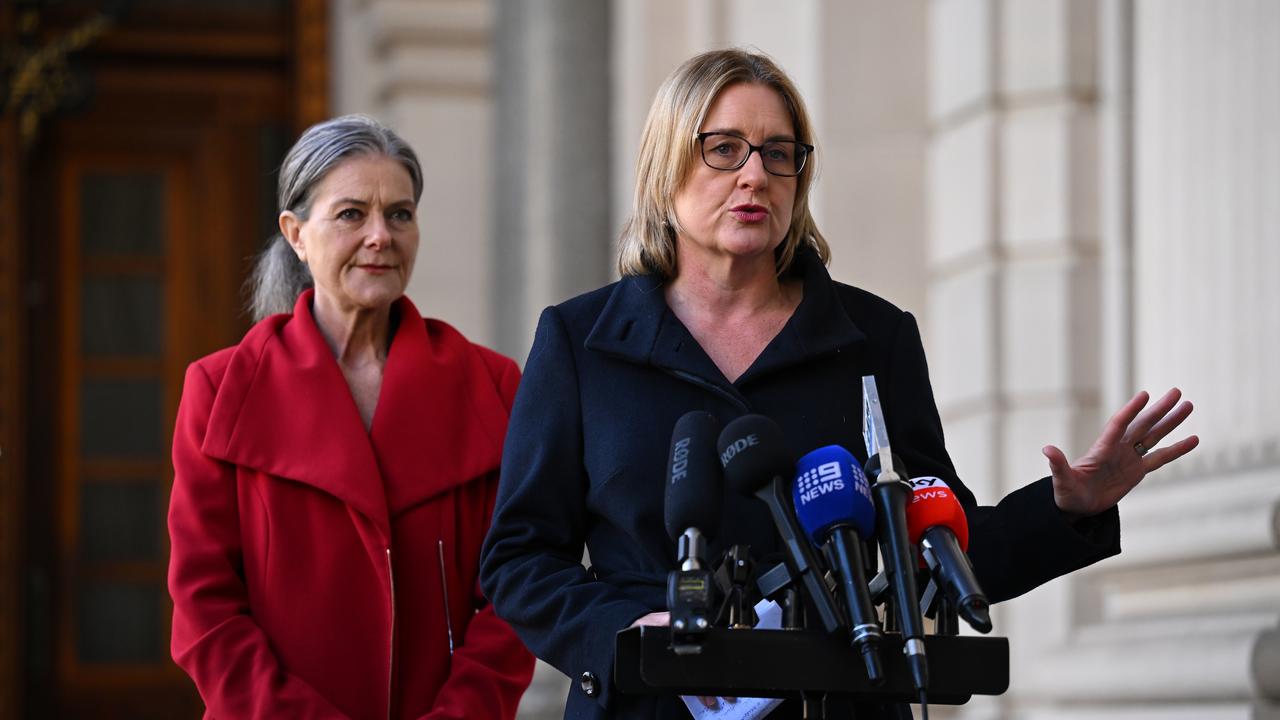
Victoria’s screening system for the checks was bolstered in July after the state government ordered a review.
But the latest case was further proof the system needed to be strengthened, the “deeply angry and frustrated” premier conceded.
A more sweeping review into the state sector, led by former SA premier Jay Weatherill and veteran public servant Pamela White, will be delivered to the Victorian government on Friday.
It was rapidly set up in early July after authorities lifted the lid on Victorian childcare worker Joshua Dale Brown being charged with more than 70 sexual abuse offences.
All of the review’s recommendations will be enacted, along with the creation of a state early childhood educator register by late-August and ban on phone use in centres by late-September.
The boss of Goodstart, which has 700 centres across the country, said the review was looking at the right things, including lowering the threshold for checks to be suspended.
Dr Baxter described a national system for the checks, as well as a unified reportable conduct scheme and educators register, as the “gold standard”.
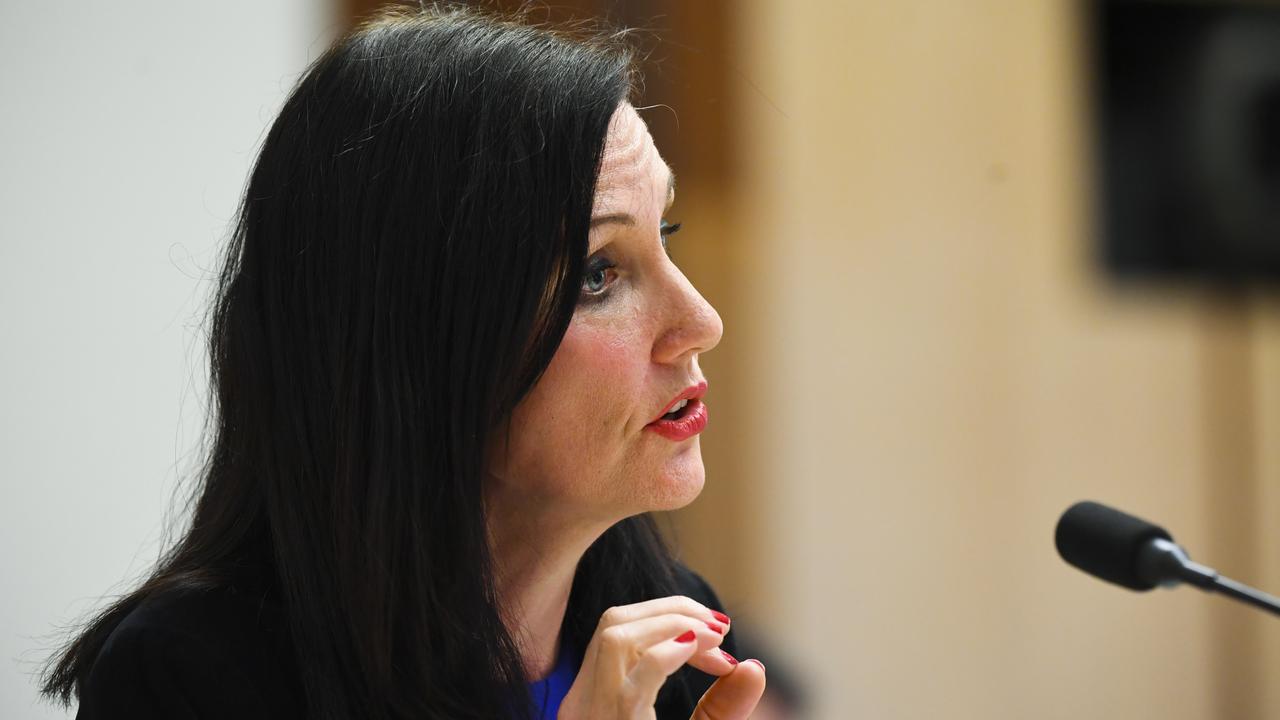
The safety of children had to be “paramount” rather than workers’ rights.
“We just feel like at the moment the systems, both in Victoria but also right across the states and territories, have not evolved to a point where we can be satisfied that that’s the case,” Dr Baxter said.
“At the moment they all have different thresholds, they all have different rules, they have different information sharing between state regulators.”
The alarming case comes after a tribunal overturned a ban on the first man found guilty of sexting in NSW holding a clearance to work with children.
The man, referred to by the pseudonym GTN, was 18 in 2008 when he asked a 13-year-old girl he went to school with to send a “hot” and “steamy” photo of herself to him.
The now 35-year-old, who is married with three children, applied for a check to volunteer at his children’s football club but was ruled a “disqualified person” by the NSW Children’s Guardian.
A NSW tribunal found a “reasonable person” would allow him to have unsupervised contact with their child and ordered a permit be granted.
1800 RESPECT (1800 737 732)
National Sexual Abuse and Redress Support Service 1800 211 028
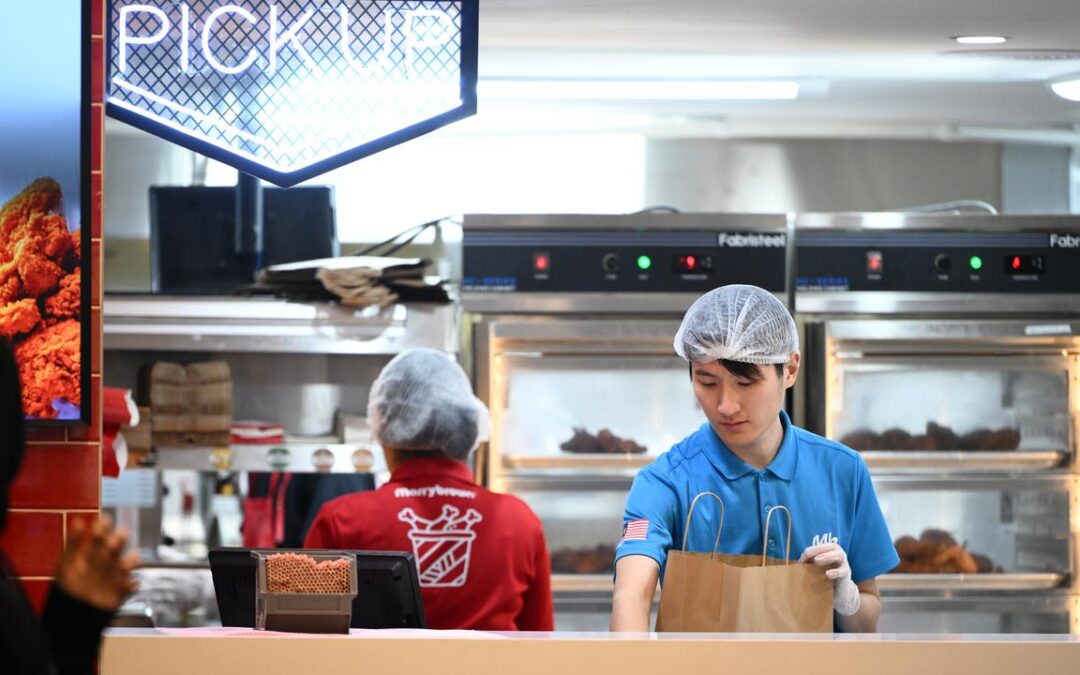
Real wages boost for workers, but costs might worry RBA
Workers have enjoyed the strongest annual growth in real wages in more than five years, but the Reserve Bank will be on alert in case labour costs cause inflation to fire up again.
Wages grew by 3.4 per cent in the year to June, slightly above expectations, the Australian Bureau of Statistics reported on Wednesday.
The annual figure was steady from the first quarter, but real wages growth was up to 1.3 per cent because inflation fell to 2.1 per cent in the March period.
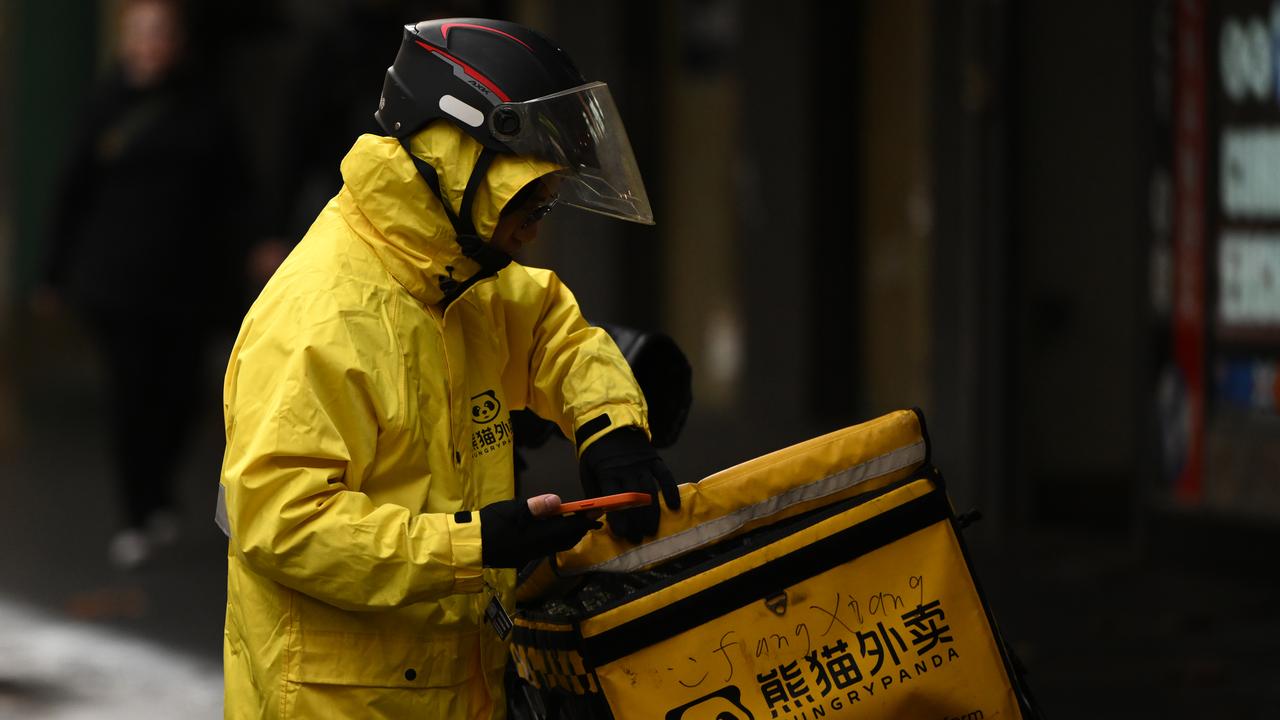
With the wage price index rising at 0.8 per cent over the three months to June, growth has stabilised after peaking at 4.2 per cent at the end of 2023.
A smaller proportion of jobs were getting large wage increases than a year ago, contributing to lower overall wage growth, ABS head of prices statistics Michelle Marquardt said.
Public-sector wages rose one per cent over the quarter, outpacing increases for workers in the private sector, who saw an average increase of 0.8 per cent.
“This quarter’s lift in the public sector reflected backdated pay rises from recently approved state-based enterprise agreements coming into effect, coupled with regular scheduled pay increases,” Ms Marquardt said.
Treasurer Jim Chalmers said it was a positive outcome.
“One of the most important objectives of our economic plan is to make sure that Australians earn more and keep more of what they earn,” he told reporters in Canberra.
“And these figures today show that we are making meaningful progress.”
Wages growth was marginally higher than the Reserve Bank’s forecast, released on Tuesday as it cut the cash rate to 3.6 per cent.
NAB head of markets economics Tapas Strickland said Wednesday’s data would have few implications for the central bank’s next interest rate decision in September, but wages figures would gain greater importance going forward.
That’s because the central bank’s staff economists lowered their assumption for productivity growth from one per cent to 0.7 per cent, meaning the rate at which wages could outpace price growth without adding to inflation was lower.
“Overall, that suggests a full (Consumer Price Index) along with the national accounts is still needed to shore up the RBA’s ongoing judgements and yesterday’s NAB Business Survey still suggests some caution is warranted on cost trends,” he said.
That would rule out a cut at the Reserve Bank’s next meeting in September, which falls before the next quarterly inflation release.
Following Tuesday’s cut, central bank governor Michele Bullock said the board would take things “meeting by meeting”, keeping a close eye on upcoming data releases to ensure the economy continued to progress in line with its goals.
CBA senior economist Belinda Allen expects the RBA to wait until November before cutting again, but that could shift depending on how the data unfolds.
“The governor did not rule out back‑to‑back cuts. Inflation appears under control, so any acceleration of the cutting cycle we expect would have to be driven by a deterioration in the labour market,” she said.
The most important data readings before the next meeting would be labour force surveys released on Thursday and in September, as well as economic growth figures for the June quarter to be released on September 3, Ms Allen said.

Global momentum behind Australia recognising Palestine
The international community is making a united effort to recognise Palestine, the prime minister says, despite a top US official saying Australia’s push is meaningless.
Anthony Albanese said there was growing momentum behind allies formally recognising Palestine, after he announced the plan to acknowledge statehood at the UN in September.
It followed countries such as the UK, France and Canada unveiling similar proposals.
“What the international community is doing is moving forward as one with a common voice that says we must end the cycle of violence,” Mr Albanese told reporters in Brisbane on Wednesday.
“You can either watch or you can do what we can, which is to be a part of momentum.”
The shift means Australia’s foreign policy has diverged from that of the US, a key ally that has for decades opposed formal recognition of Palestine.
US Secretary of State Marco Rubio said the push for recognition by Australia and other countries would not change the situation on the ground in the Middle East.
“It’s largely meaningless, right? It’s symbolic and they’re doing it primarily for one reason and that is their internal politics, their domestic politics,” he said in a US radio interview.
“The future of that region is not going to be decided by some UN resolution.
“It’s not going to be decided by some press release by a prime minister or a president from some country. It’s going to be decided on the ground.”
The US has declined to directly criticise Australia despite President Donald Trump suggesting a similar move from Canada could affect trade talks.
The president has an open mind on the status of Palestine despite not backing statehood, the White House has indicated.
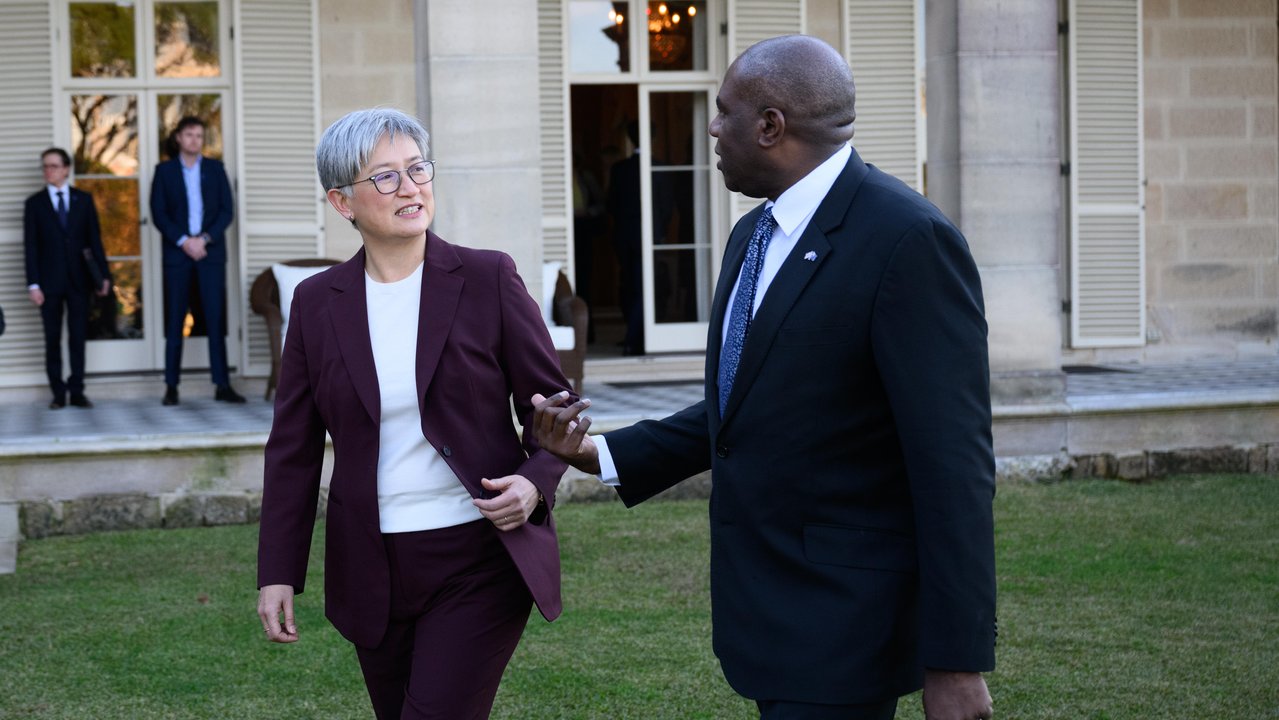
Overnight, Australia was one of more than 20 countries that issued a joint statement calling for urgent action by Israel to allow aid to enter Gaza.
“The humanitarian suffering in Gaza has reached unimaginable levels. Famine is unfolding before our eyes,” the statement said.
“Humanitarian space must be protected and aid should never be politicised.”
The prime minister said Israel’s actions to block aid to the region was “not defensible”.
“It’s certainly not something that’s consistent with international law,” he told ABC radio on Wednesday.
“We’re also seeing people killed while trying to get access to food and water. Now, in 2025 that’s completely unacceptable.
“It is an affront to common decency and community humanity what is happening in Gaza.”
Israel has denied responsibility for the lack of food in the Gaza Strip, accusing Hamas of stealing aid shipments.
It also rejects there is starvation among the population, although international human rights groups accuse it of throttling the flow of food to Gaza for months.
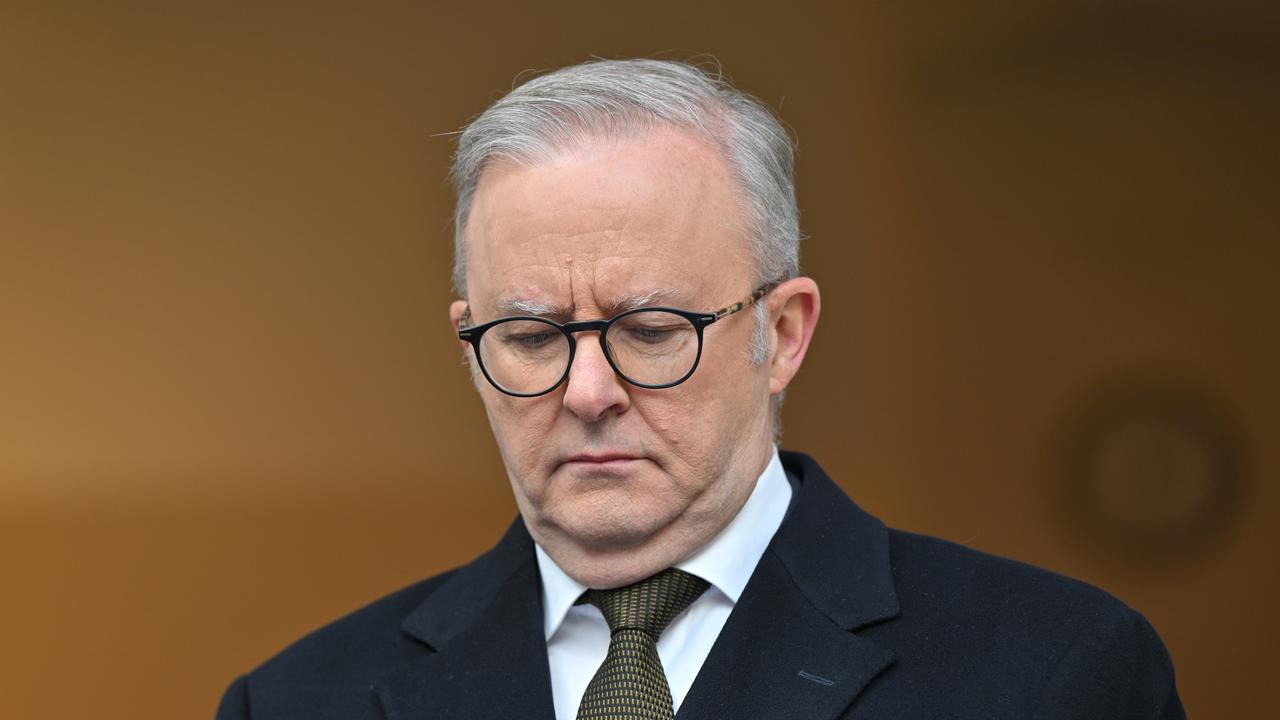
Israel’s embassy in Australia said the government needed to focus on the situation faced by hostages held by terrorist organisation Hamas.
“While we share the concern for the humanitarian suffering in Gaza, it is deeply troubling that the plight of Israeli hostages, men and women held by the Hamas terror organisation is reduced to a single line at the bottom of the statement,” a spokesman said.
“We have yet to hear the Australian government speak with the same urgency about their humanitarian situation.”
Australia will join more than 140 UN member states in recognising Palestine, but Opposition Leader Sussan Ley said the prime minister’s priorities were wrong.
“He’s clearly distracted by what he’s been talking about now for weeks with respect to Palestinian recognition, that is actually not going to make the world a safer place,” she told Seven’s Sunrise program.
The coalition has pledged to reverse the recognition decision should it win the next election.
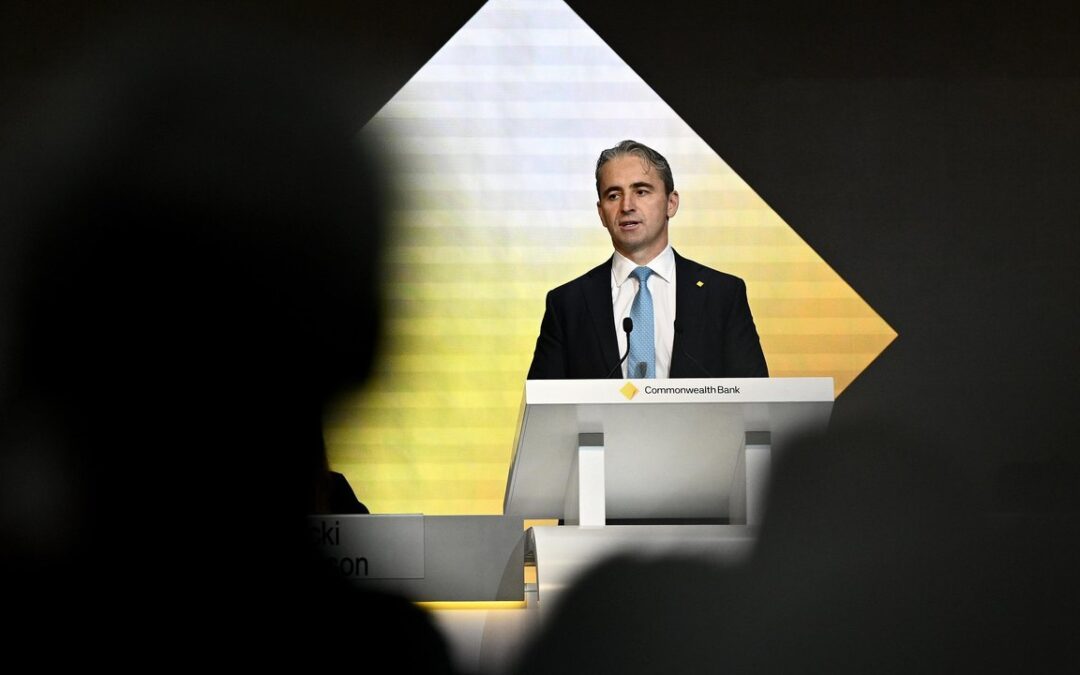
CommBank’s record $10b profit could’ve been bigger: CEO
Australia’s biggest bank is positioning for stronger growth in the next decade, betting big on artificial intelligence to protect customers from scams and streamline operations.
The Commonwealth Bank posted a record profit of $10.1 billion in the year to June 30, but chief executive Matt Comyn said the result could have been even better.
“There’s a number of things that we could have done differently if we wanted to deliver a stronger result,” he told shareholders at a results briefing on Wednesday.
“We’ve been able to leverage the capability of (generative) AI … we wanted to increase the pace of that so we put some additional investment across that.”
While Mr Comyn focused on the future, investors might be more concerned with the heavyweight stock’s current valuation.
Shares in the bank, the most valuable company on the ASX, dropped more than four per cent to below $170 for the first time since May on the profit announcement.
AI was being used in its code reviews, in chatbots on its mobile app and to alert customers to suspicious transactions and scams.
The technology has helped the bank send 10 times more alerts warning customers through its banking app.
A reported $880 million in scam payments have been prevented, while the company is also using AI to confront grifters on voice calls and WhatsApp chats.
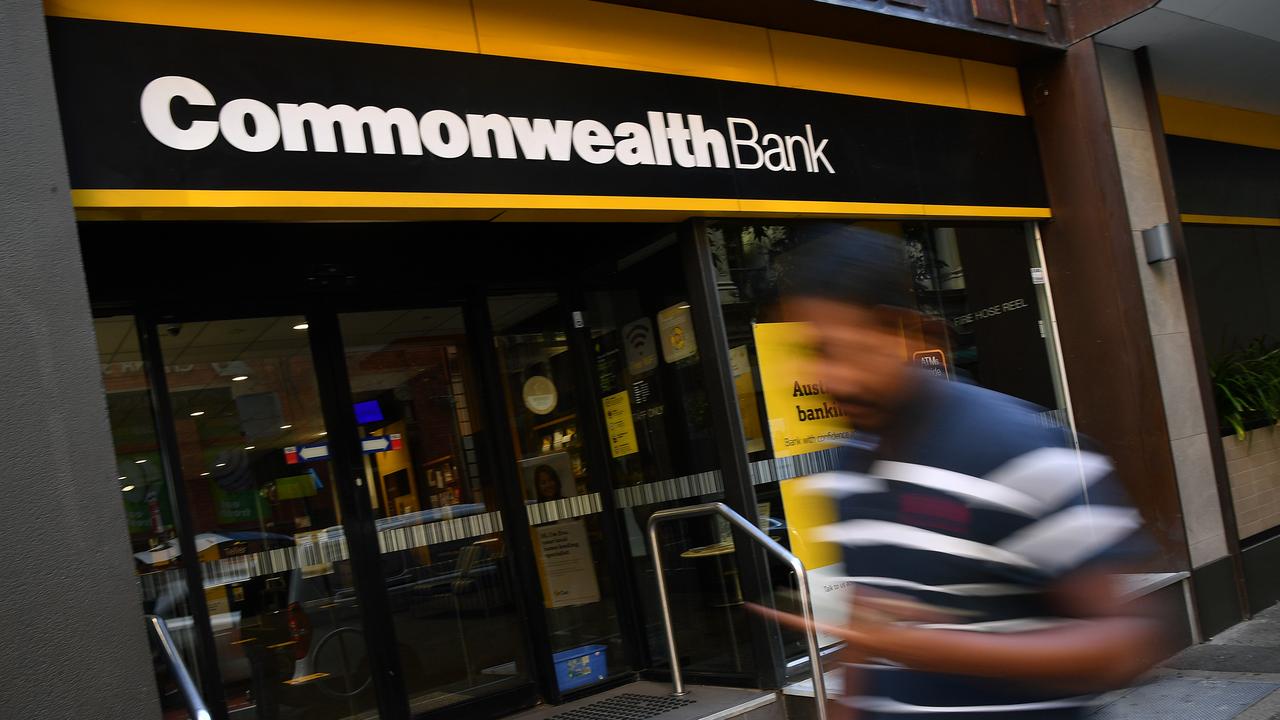
The technology investment into fighting fraud and scam activity chalked up $900 million of its $12.9 billion in operating costs.
“It’s also just really important to be used defensively from a threat perspective,” Mr Comyn said, noting the rising speed and sophistication of cyber attacks.
The bank also announced it would become AI pioneer OpenAI’s strategic banking partner in Australia.
The deal will give Commonwealth Bank workers access to OpenAI’s advanced AI tools and training and follows similar partnerships with Morgan Stanley, Bank of New York and UK-based NatWest Group in recent months.
Mr Comyn was careful about discussing “cost opportunities” when it came to the technology’s impact on employment, instead highlighting the opportunity for employees to use AI tools to do a better and more effective job.
“On the longer term, yes, you can imagine that there are some much more efficient ways of delivering some of the things that we currently do,” he told investors.
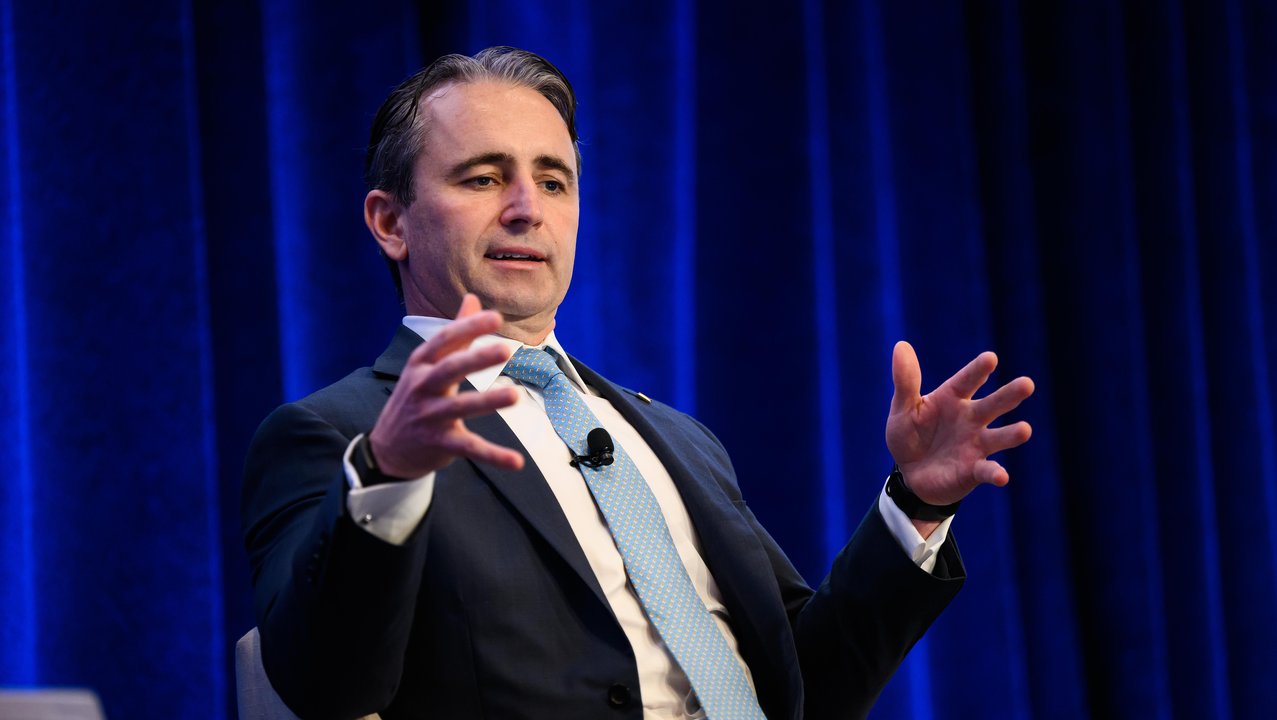
The Finance Sector Union called the bank’s profit result “obscene” and national secretary Julia Angrisano lambasted its efforts to automate and offshore its workforce.
“This is not innovation, it’s cost-cutting at the expense of workers, customers and communities,” she said.
The union has filed a Fair Work Commission dispute on the bank’s decision to cut 283 local technology workers while advertising jobs with the same titles in India.
The bank’s $10.3 billion underlying cash profit was up four per cent on the previous financial year.
The bottom-line result was broadly in line with expectations at $10.1 billion, reflecting an eight per cent improvement.
The boosted profit was driven by loan-volume growth and a stable underlying net interest margin, a measure of how much money banks make on their lending activities.
The company will pay a $2.60 final dividend, taking its total payout for the year to $4.85 per share, up four per cent from a year ago.
Meanwhile, the bank’s climate plan will rule out new thermal coal mine investment ahead of zero exposure to existing thermal coal projects by 2030.
It will also introduce tougher requirements for metallurgical coal project lending.

The move was another nail in the coffin for coal, Market Forces policy analyst Morgan Pickett said.
“Westpac, ANZ, NAB and Macquarie cannot keep their heads in the sand,” he said.
“CommBank has proven that ending support for companies making climate change worse is not only possible, but essential for good business.”
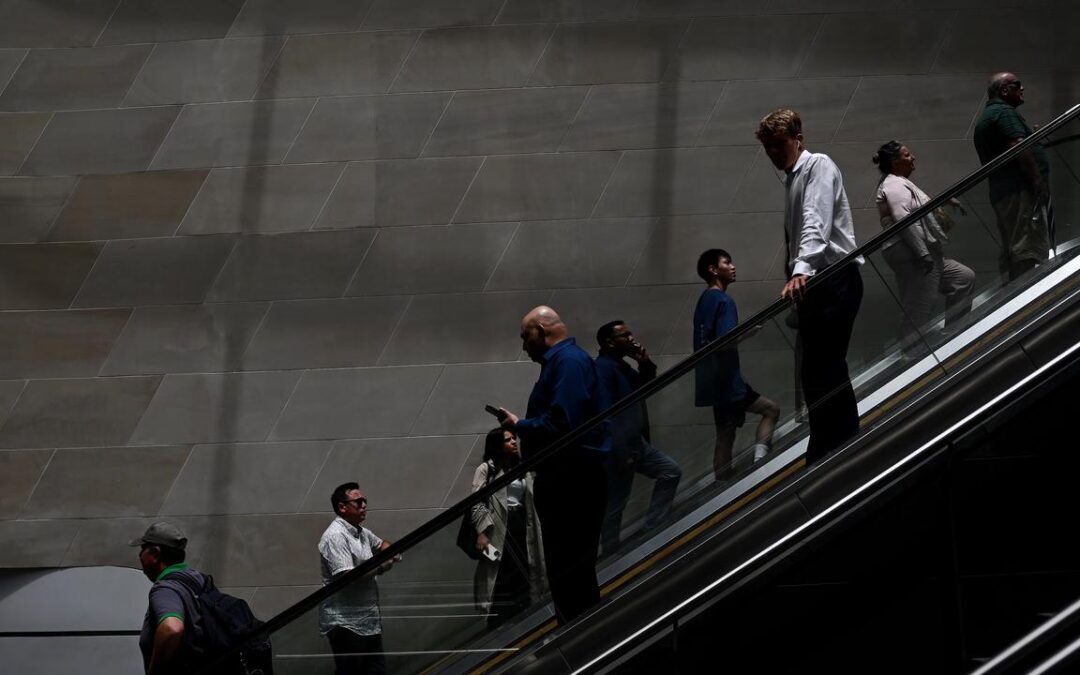
Unions, business at loggerheads over four-day work week
Australia’s productivity push should lead to shorter working weeks, unions argue in the lead up to an economic reform roundtable.
The ACTU has called for a four-day work week in sectors that can support it, arguing this will allow workers to benefit from productivity gains and technological advances.
It argues reducing working hours, from a standard five days a week, is key to lifting living standards.
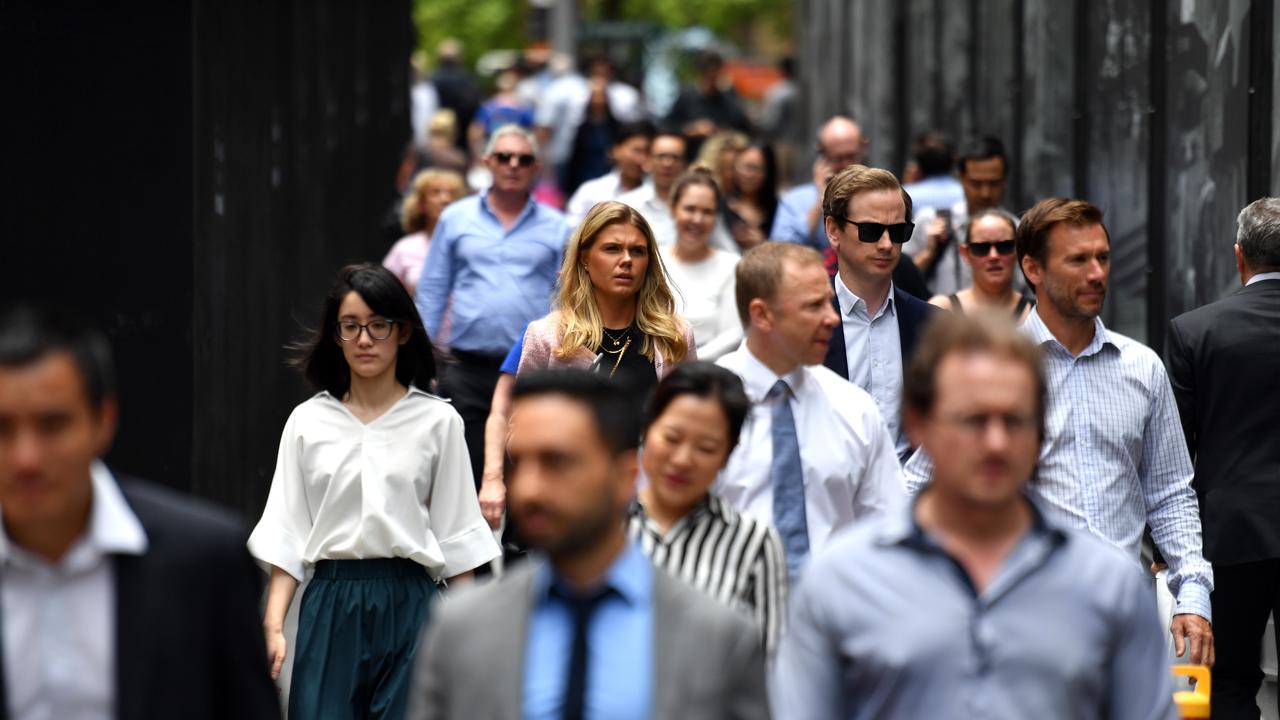
“Shorter working hours are good for both workers and employers,” ACTU president Michele O’Neil said on Wednesday.
“They deliver improved productivity and allow working people to live happier, healthier and more balanced lives.”
Pay and conditions, including penalty rates and overtime, would be protected under the union’s proposal to ensure workers didn’t take a financial hit.
Workers in sectors that would not be able to support a four-day week could be given “more time off or fairer rosters”, Ms O’Neil said.
Prime Minister Anthony Albanese said people could present whatever ideas they liked at the roundtable next week but the government had no plans to implement a four-day work week.
“I think a lot of people would like to have a five-day working week (let alone four). These ideas will come up. I’m not going to give a running commentary on all of them, but certainly the government has no plans,” he said in Brisbane.
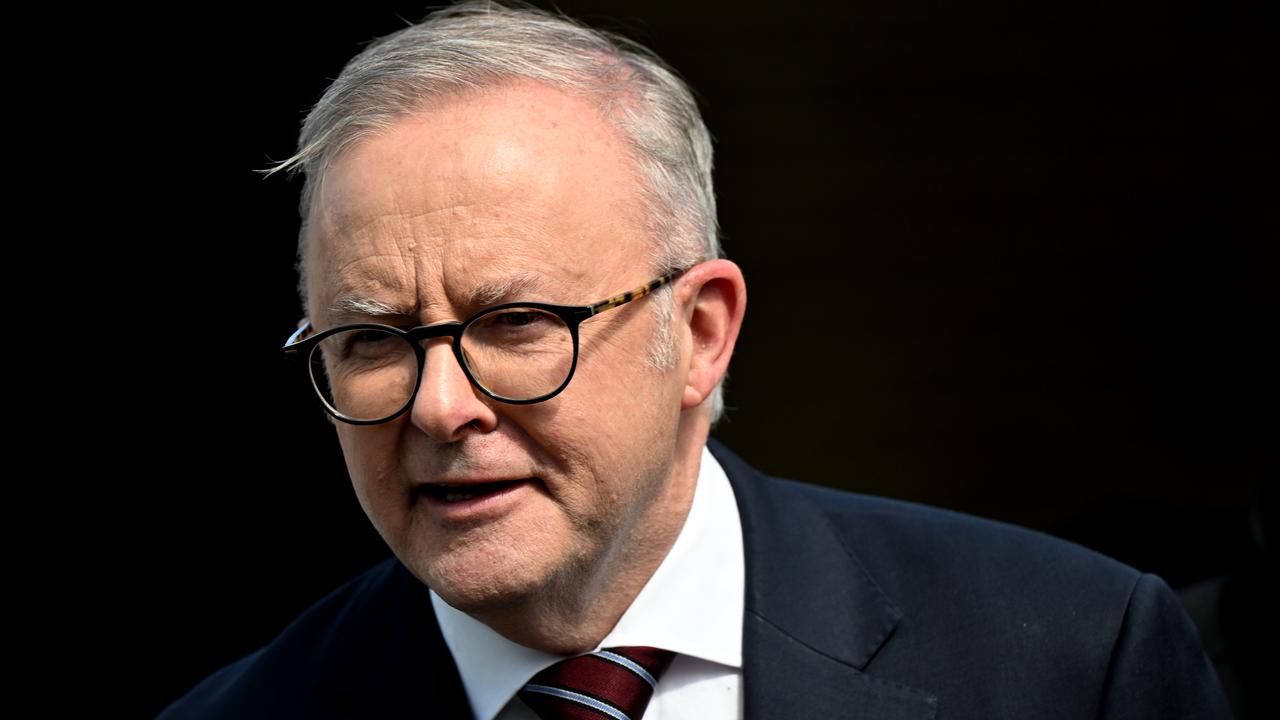
But employer groups were miffed the government was open to hearing ideas from the unions on industrial relations when businesses had been told the topic would be off the table.
“Business will talk about workplace arrangements. That is obviously important for productivity, so we don’t think anything should be off the agenda,” Australian Chamber of Commerce and Industry chief executive Andrew McKellar said.
“But we will respect the agenda the government is setting.
“What I will say is, if the unions are going to bring issues like this, then it is inevitable, it’s unavoidable that you’ve got to have a discussion about what the other side of that is.”
There needed to also be a discussion about other industrial relations changes, such as reducing employer flexibility around penalty rates, regulating AI and legislating a right to work from home, he said.
“Those are not the sort of things that are going to boost productivity.”
The Australian Restaurant and Cafe Association warned a four-day work week would hurt hospitality businesses, especially in CBDs where foot traffic was down as more people work from home.
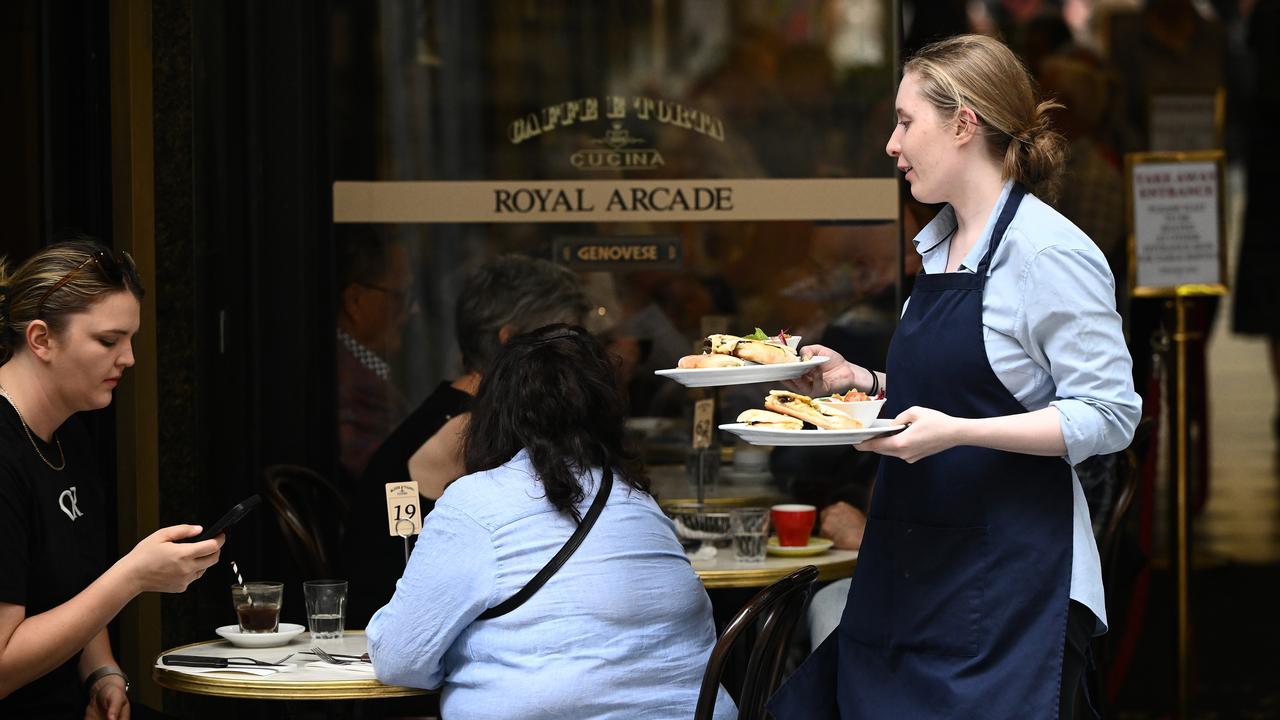
“That’s a death blow for CBD cafes already struggling with a one-in-10 closure rate according to Creditor Watch,” the association’s chief executive Wes Lambert said.
The economic roundtable will focus on lifting productivity, bringing together representatives from business, unions and civil society in Canberra next Tuesday to Thursday.
Treasurer Jim Chalmers has denied he and Mr Albanese are at odds about their ambition for tax reform.
Their focus, he said, was rolling out tax changes Labor took to the last election.
While both have said any tax changes stemming from the roundtable would only be introduced in the government’s next term, Dr Chalmers opened the door to changes before the next election if they gained broad support.

Closing childcare centres for breaches ‘not feasible’
Closing every childcare centre reported for a quality breach is not feasible despite calls for tougher rules to protect vulnerable children, Australia’s largest regulator says.
An inquiry on Wednesday was told concerns safety breaches were not acted upon, protecting services rather than children.
But with a push to expand early learning access nationwide, shutting down every service reported to the regulator would cause havoc for parents, the head of the NSW education department said.
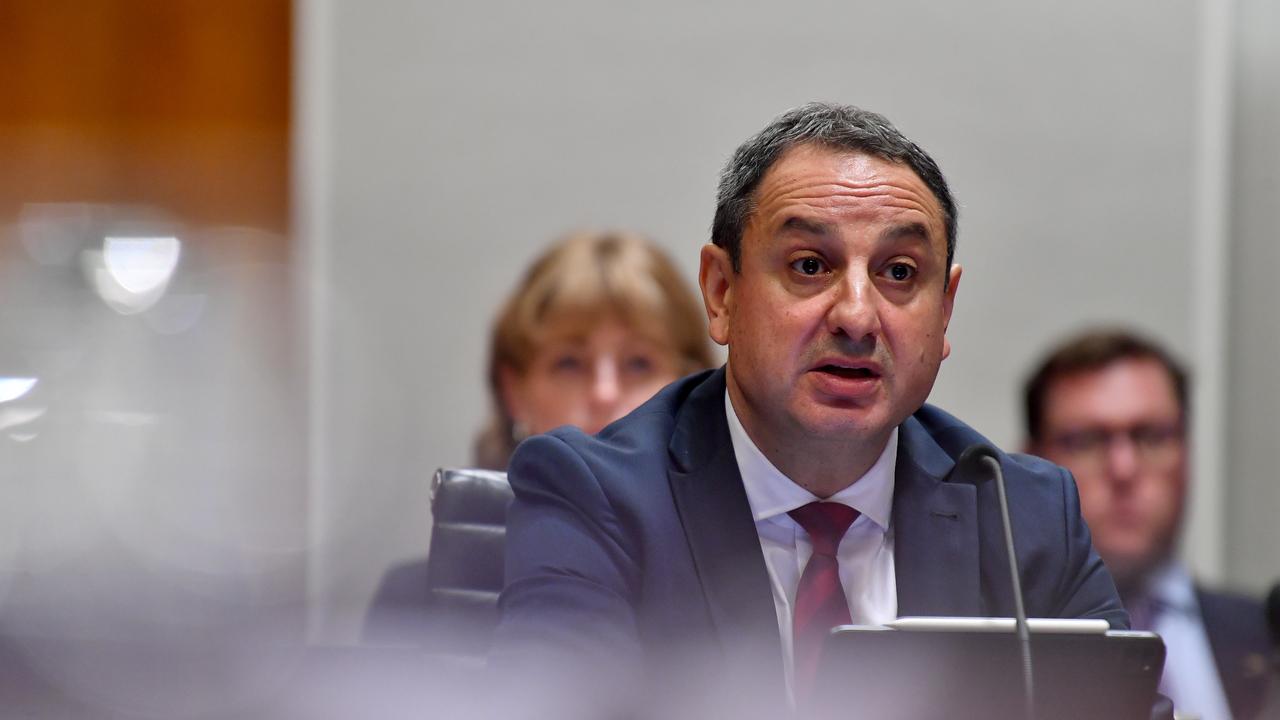
“I know people look for a simple answer here, but it’s not that simple,” education secretary Murat Dizdar told state MPs.
“A service might be doing its job outstandingly well and in a regulatory visit might not have met the menu requirement.”
But Mr Dizdar argued regulatory responsibilities should be cut free from his department because of the perceived conflict of interest in being a major provider of care and a watchdog.
NSW’s childcare regulator sits inside the education department, effectively making the secretary the ultimate regulator, he told the parliamentary inquiry into childcare.
Experts argued the sector was overrun with for-profit providers, which were incentivised to provide the bare minimum for children and staff.
“Large, for-profit providers pay less, hire less experienced workers, have more turnover,” Professor Gabrielle Meagher told the inquiry.
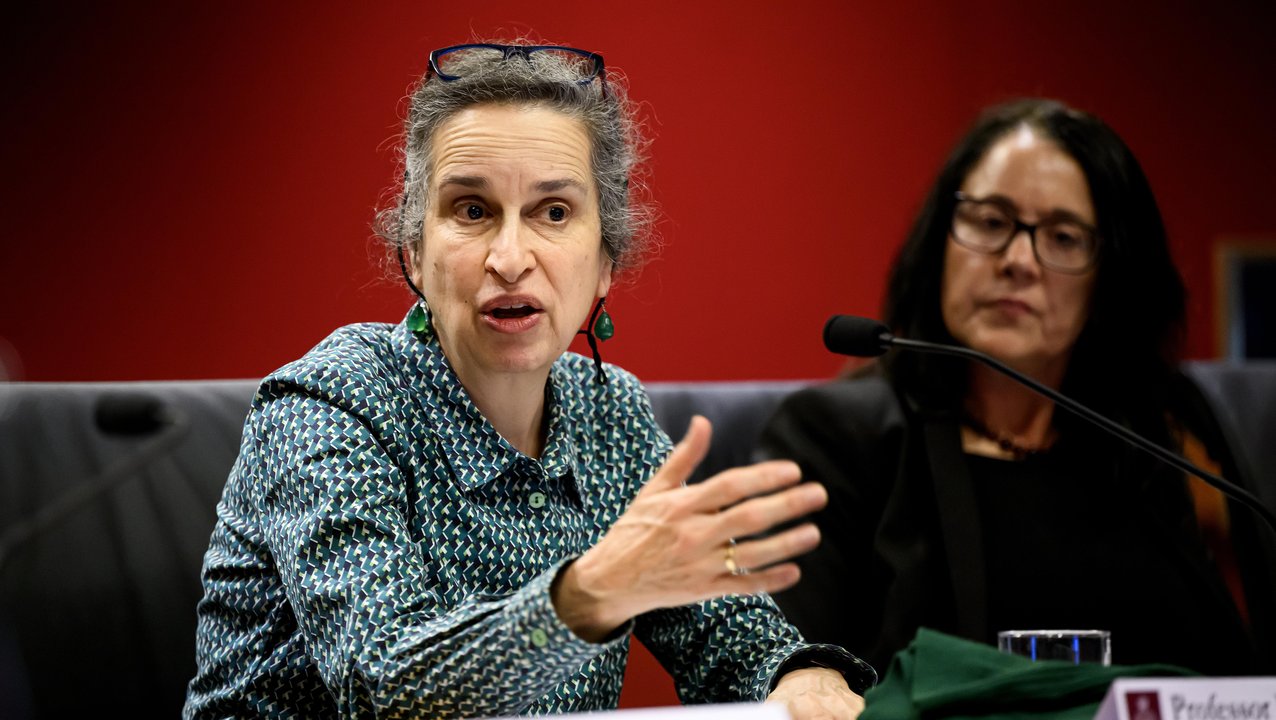
An undervaluing of the value of both early childhood teachers and the education they provided young children was also driving profiteering and poor oversight.
“Having such prolific for-profit provisioning says it’s a service, not education,” Professor Marianne Fenech said.
The pair slammed the perverse incentives allowing a surge in profit-driven providers and the failure to mandate a need for all providers to act first and foremost in the interests of the 1.3 million Australian children in childcare.
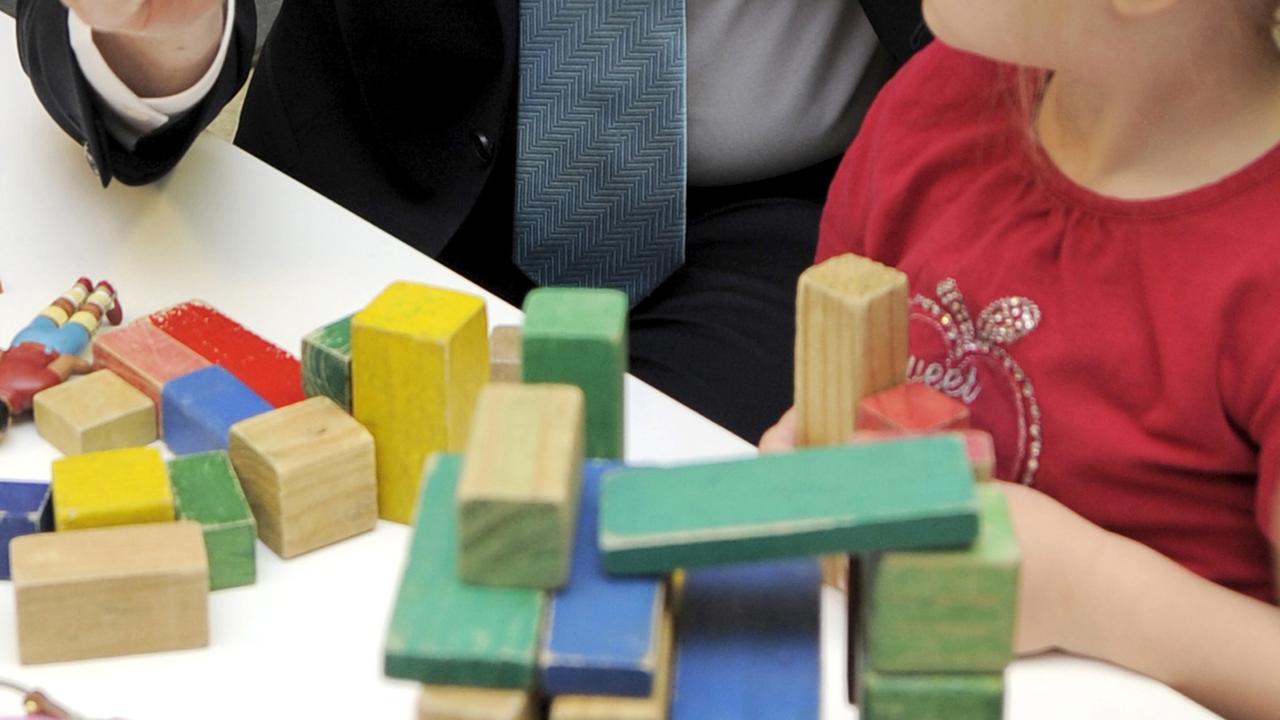
Parents and governments paying for services needed a far better understanding of the operations of childcare providers, the academics argued.
The for-profit childcare sector has grown 30 per cent since 2015, while not-for-profits declined eight per cent, Community Early Learning Australia said.
“The over-reliance on for-profit services to meet demand for education and care services has failed to ensure access for all families,” the early childhood body said.
Increasing staff pay and making training more affordable were common themes among more than 150 submissions to the inquiry.
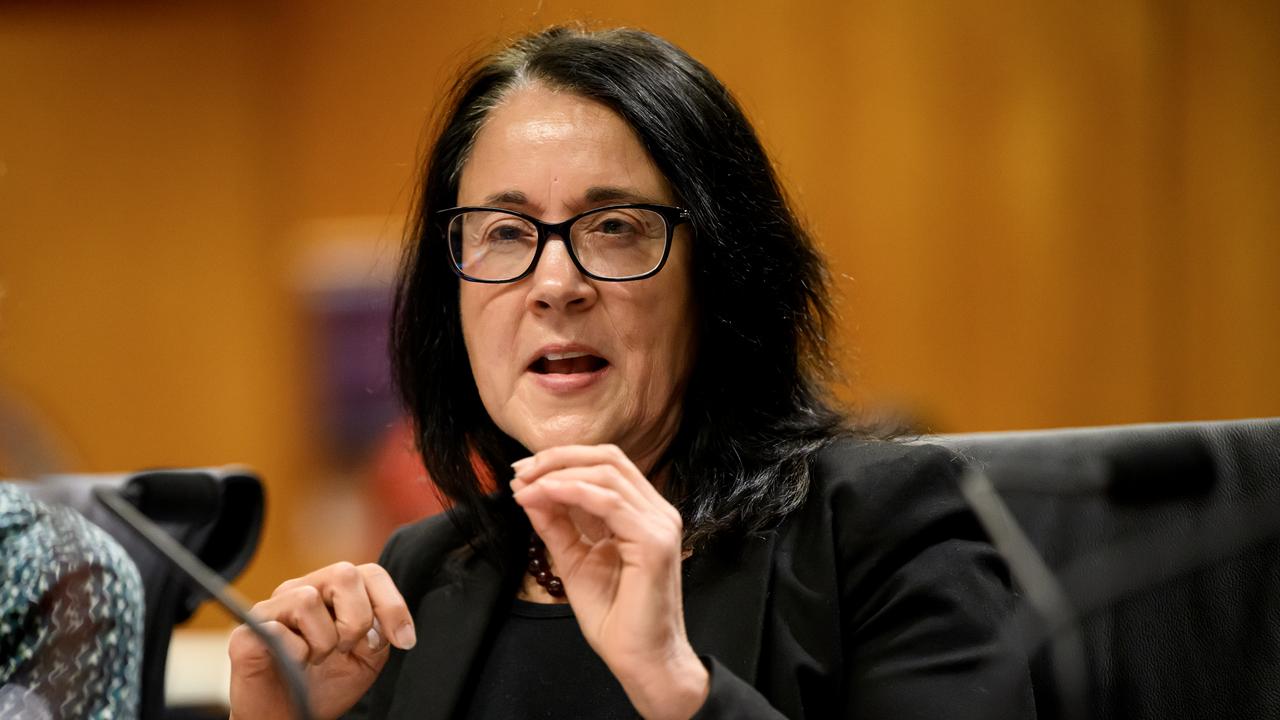
One educator who made a submission to the inquiry said the for-profit system often resulted in lower staffing levels and less care for children.
“After having experienced working for a not-for-profit service, I will never return to the dire conditions that permeate the for-profit part of the sector,” the anonymous submission read.
The inquiry comes amid nationwide scrutiny on the regulation and safety of childcare after shocking reports of abuse.
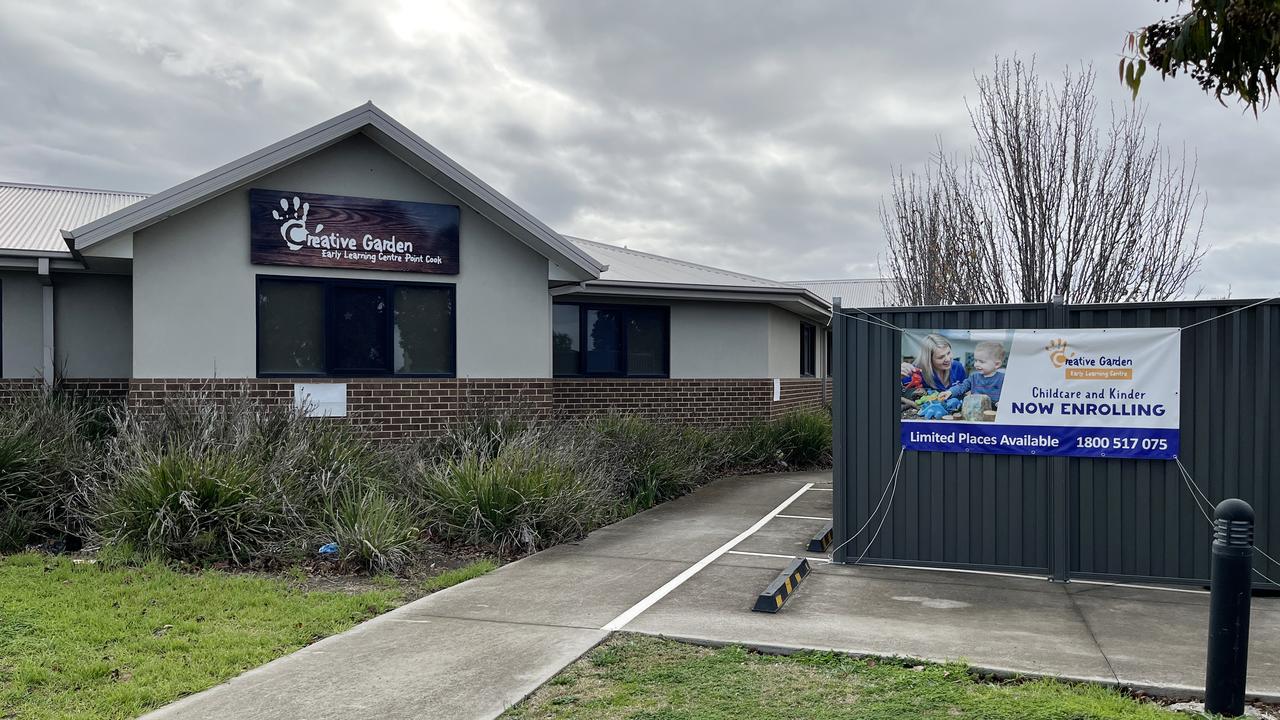
G8 Education, the operator of a centre where educator Joshua Dale Brown allegedly abused children in his care, said in a submission the rest of its staff were struggling emotionally while working through the fallout of the abuse revelations.
Brown is accused of abusing eight children aged under two at a centre in Melbourne’s southwest between April 2022 and January 2023.
Meanwhile, federal Labor has enlisted consulting giant Deloitte to design a universal childcare scheme for the nation.
Deloitte will spend two years assessing whether a flat fee of $10 a day could replace the current childcare subsidy, which is calculated based on household income.
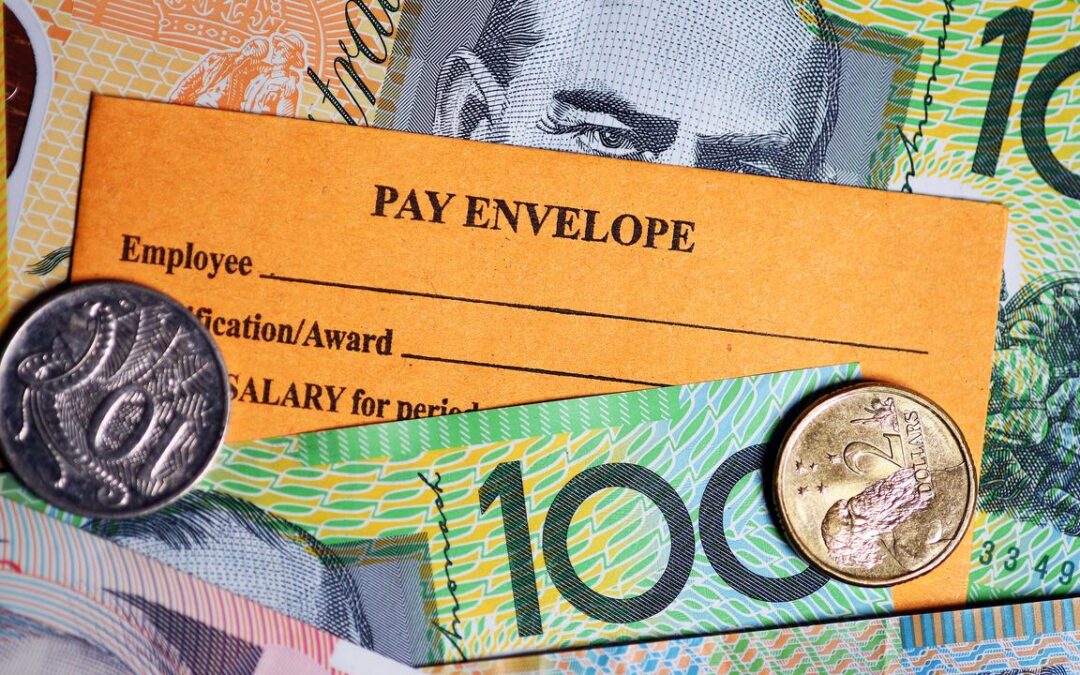
Real wages boost as annual growth holds at 3.4 per cent
Wages grew by 3.4 per cent in the year to June, and above expectations, providing a boost to workers’ real incomes.
The annual figure was steady from the first quarter, but because inflation fell to 2.1 per cent in that March quarter, real wages growth is now up by 1.3 per cent.
With the wage price index rising at 0.8 per cent over the three months to June, the Australian Bureau of Statistics reported on Wednesday, wages are stabilising after peaking at 4.2 per cent at the end of 2023.
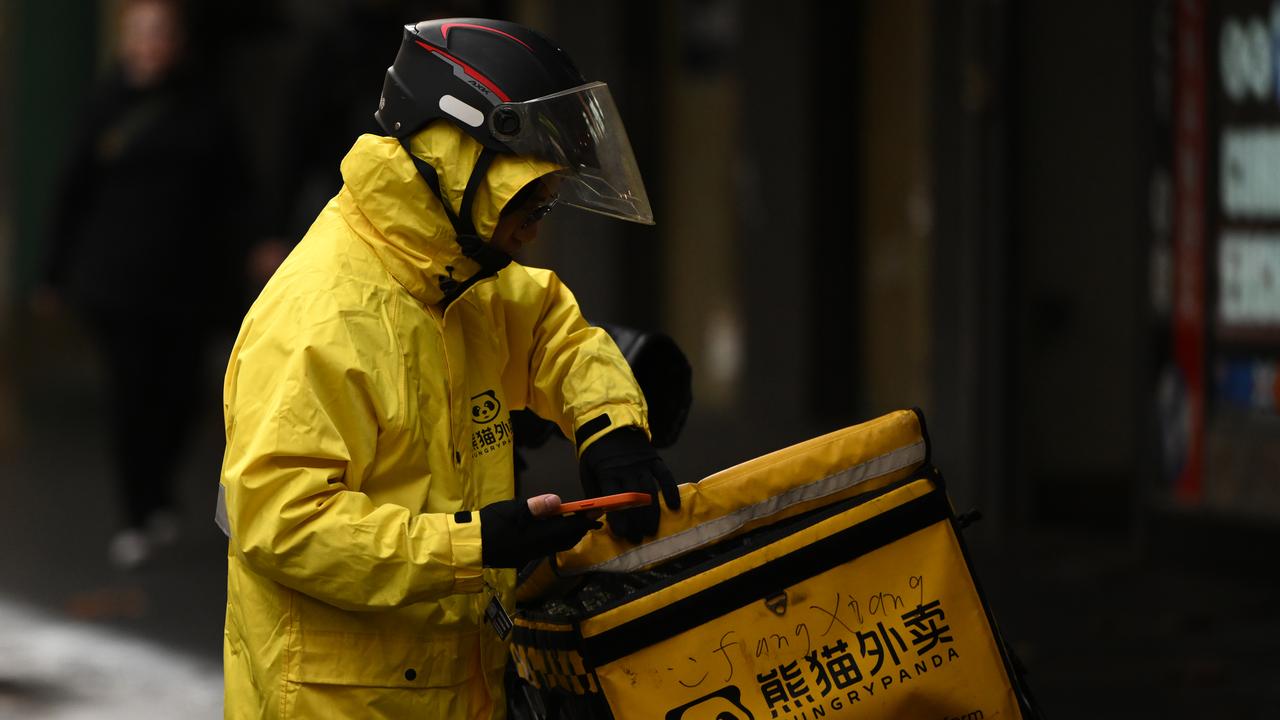
A smaller proportion of jobs were getting large wage increases than a year ago, contributing to lower overall wage growth, said ABS head of prices statistics Michelle Marquardt.
Public sector wages rose one per cent over the quarter, outpacing those in the private sector, who saw an average increase of 0.8 per cent.
“This quarter’s lift in the public sector reflected backdated pay rises from recently approved state-based enterprise agreements coming into effect, coupled with regular scheduled pay increases,” Ms Marquardt said.
Following the Reserve Bank’s widely expected cash rate cut on Tuesday, labour market figures would be key to the central bank’s next rates decision in September, said CBA senior economist Belinda Allen.
Central bank governor Michele Bullock said the board would take things “meeting-by-meeting”, keeping a close eye on upcoming data releases to ensure the economy continues to progress in line with its goals.
Ms Allen expects the RBA to wait until November before cutting again, but that could shift depending on how the data unfolds.
“The governor did not rule out back‑to‑back cuts. Inflation appears under control, so any acceleration of the cutting cycle we expect would have to be driven by a deterioration in the labour market,” she said.
The most important data readings before the next meeting would be labour force surveys released on Thursday and in September, as well as economic growth figures for the June quarter to be released on September 3, Ms Allen said.
RBA staff lowered their GDP growth forecasts as they pared back their expectations for trend productivity growth from one per cent to 0.7 per cent per year.
Australia’s economy is now expected to expand by 1.7 per cent – down from 2.1 per cent – in 2025.
Traders are pricing in about a one-third chance for a September cut.
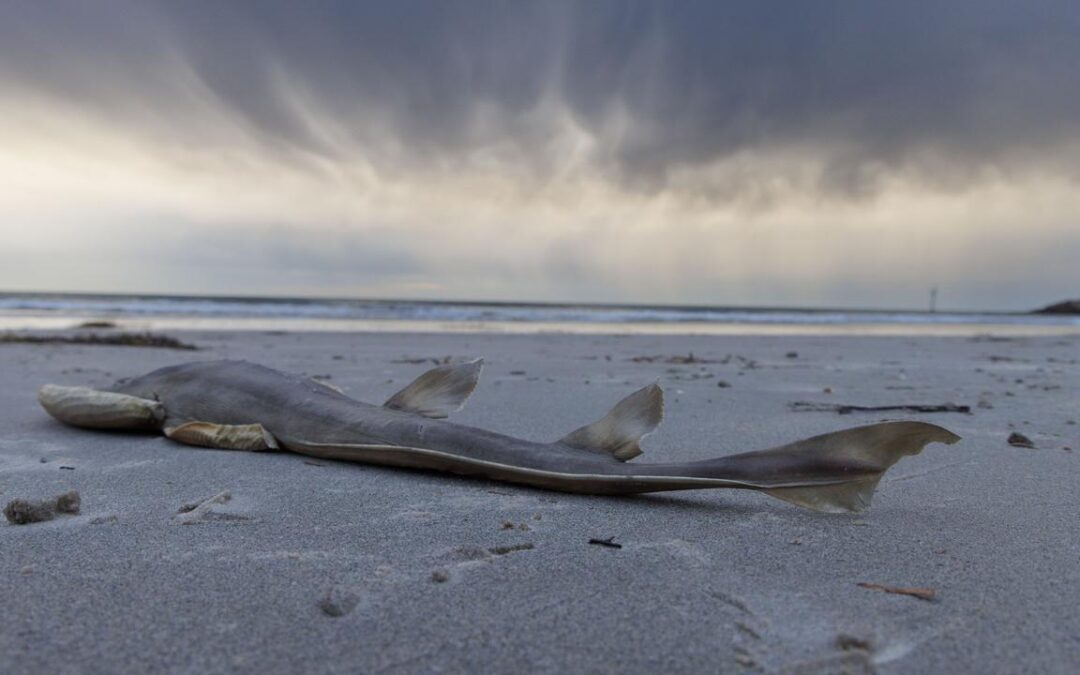
Animals may be ‘threatened species’ after algal bloom
An unprecedented algal bloom may lead to more marine life being added to the threatened species list as the toxic event kills thousands of sea creatures.
Tens of thousands of marine animals have been killed since an algal bloom was identified off the Fleurieu Peninsula in South Australia in March, and has since spread along some of the coastline.
An expert assessment of the impact of the toxic algal bloom has been expedited by the federal government to understand the impact on marine life.
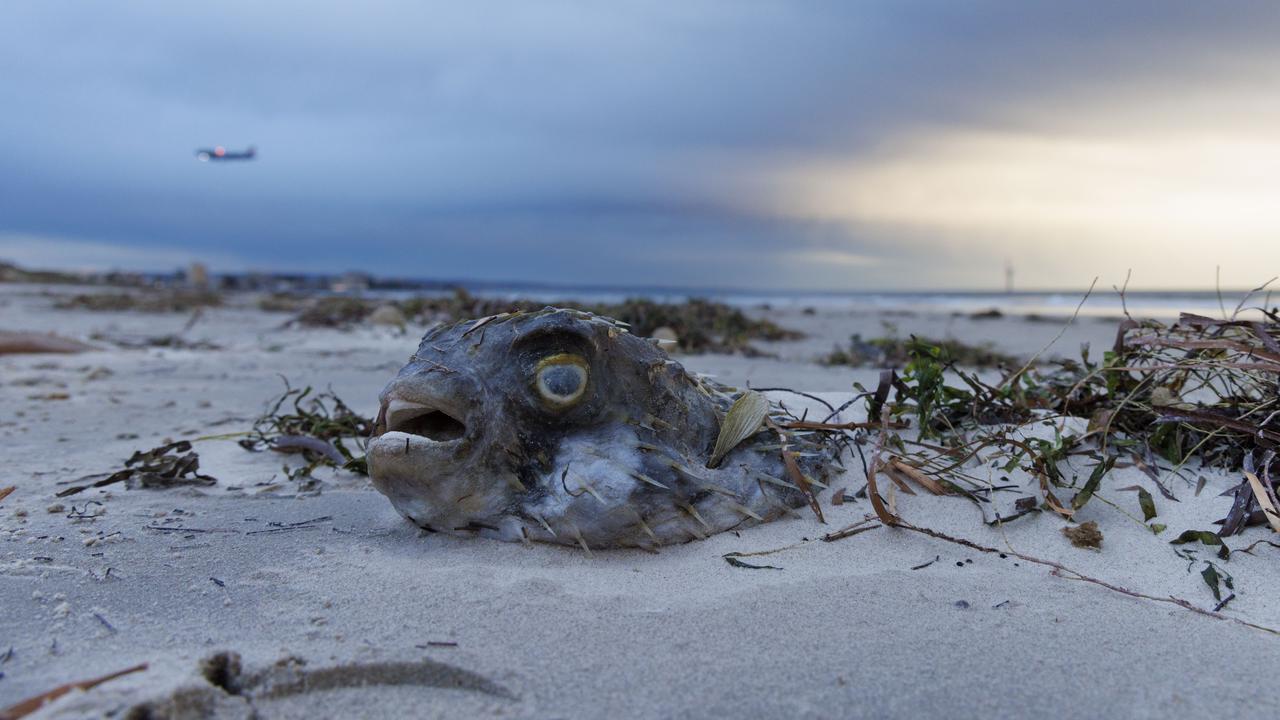
The bloom has resulted in more than 400 species of marine life, including sharks, rays and fish, washing up along the coastline.
The assessment will determine if any additional species need to be added to the threatened list, which already includes whitefin swellshark, longnose skate, greeneye spurdog, grey skate, and coastal stingaree.
If any additional species are added to the list, it may trigger the development of conservation plans.
It is a similar process to the assessment after the 2019-20 Black Summer bushfires that saw the south-eastern glossy black cockatoo and mountain skink added to the threatened species list.
“We can leave no stone unturned to understand the impact of this on local marine life, so we can begin investing in the appropriate strategies to bring these important animals back to healthy numbers,” Environment Minister Murray Watt said in a statement on Wednesday.
It follows Mr Watt issuing an apology to South Australians on Monday, who feel the government’s response to the bloom has been too slow.
But the federal government hopes a recently announced jointly funded $28 million package will be enough to fix the damage.
The package is expected to support affected businesses, undertake more research and clean up the beaches where thousands of dead marine animals have washed up.
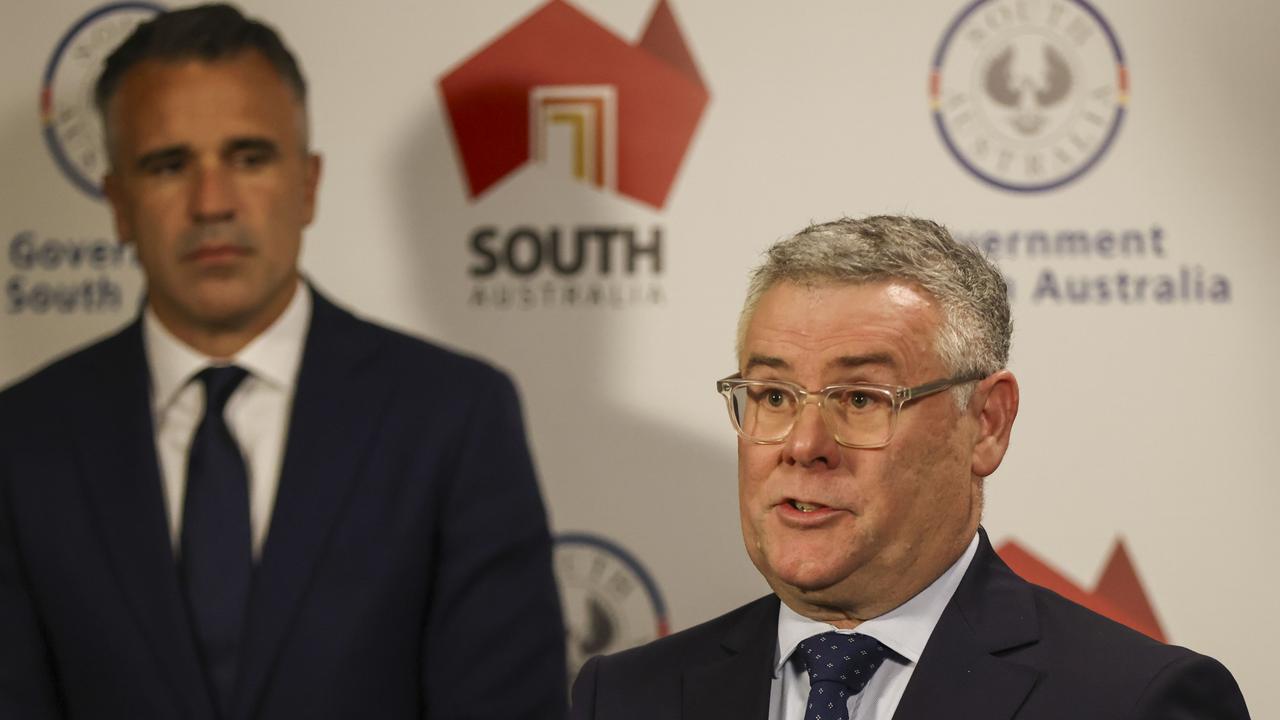
Federal leaders are visiting Adelaide on Wednesday, with Mr Watt arriving for a second time to meet with impacted businesses, industry and the community and Opposition Leader Sussan Ley touring impacted areas.
Prime Minister Anthony Albanese is also expected to visit South Australia later this week about the bloom.
Local businesses have reported a loss of income as a result of the bloom, with a recent survey by the Tourism Industry Council of South Australia revealing some have already experienced summer cancellations.
“I’m one of the busiest charter operators in the state but the phone isn’t ringing,” Reel Screamer Fishing Charters owner Kevin Sweeney told AAP on Tuesday.
There has been an average $52,000 loss for businesses due to a lull in tourism customers, mostly from South Australia, over fears of the algal bloom.
The algal bloom is attributed to 2022-23 Murray floodwaters pushing nutrients into the ocean, an upwelling of nutrient-rich water from deep off the continental shelf caused by changing ocean currents, and a 2.5C marine heatwave that started in 2024.

Israel blocking Gaza aid against international law: PM
Israel limiting humanitarian aid into Gaza goes against international law and is an “affront to common decency”, the prime minister says.
Australia is among 29 countries that issued a joint statement overnight calling for urgent action by Israel to allow aid to enter Gaza.
“The humanitarian suffering in Gaza has reached unimaginable levels. Famine is unfolding before our eyes,” the statement said.
“Humanitarian space must be protected and aid should never be politicised.”
Prime Minister Anthony Albanese said Israel’s actions in blocking aid to the region was “not defensible”.
“It’s certainly not something that’s consistent with international law,” he told ABC radio on Wednesday.
“We’re also seeing people killed while trying to get access to food and water. Now, in 2025 that’s completely unacceptable.
“It is an affront to common decency and community humanity what is happening in Gaza.”
Israel has denied responsibility for the lack of food in the Gaza Strip, accusing Hamas of stealing aid shipments.
It has also denied there is starvation among the population, although it has throttled the flow of food to Gaza for months, according to international human rights groups.
The prime minister’s latest comments come two days after he announced Australia would recognise Palestinian statehood at September’s UN General Assembly, joining the UK, France and Canada in the move.
The shift means Australia’s foreign policy has diverged from that of the US, a key ally that has for decades opposed formal recognition of Palestine.
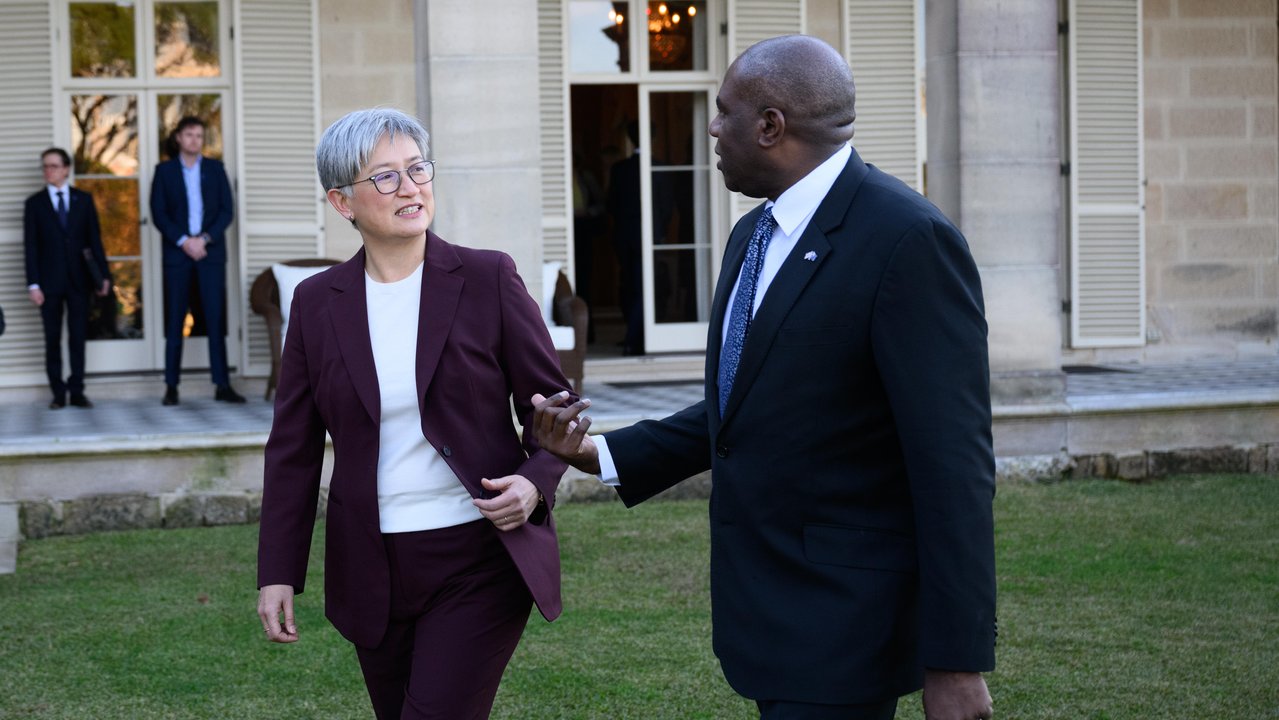
However, the White House has declined to directly criticise Australia for its actions in recognising Palestine after US President Donald Trump suggested a similar move from Canada could affect trade talks.
A spokesman told Nine newspapers the president had an open mind on the status of Palestine, despite not backing statehood.
Mr Albanese said the US would have a critical role to play in peace talks.
“One of the things that has defined president Trump’s position internationally on global affairs is that he is an advocate for peace and he’s been an advocate for peace in the Middle East for a long period of time,” he said.
While some have argued Australia’s decision to break from the US could imperil the bilateral relationship, Flinders University international relations expert Jessica Genauer said the government’s diplomatic calculus had helped dampen any impact.
“Because Australia waited until other important countries all said they’re planning to recognise Palestine … I don’t think it will be singled out by the US,” Dr Genauer told AAP.
“The Trump administration is opposed to countries recognising Palestine, but I think that they would put Australia in with a whole group of other countries and it wouldn’t particularly be detrimental to Australia’s relationship.”
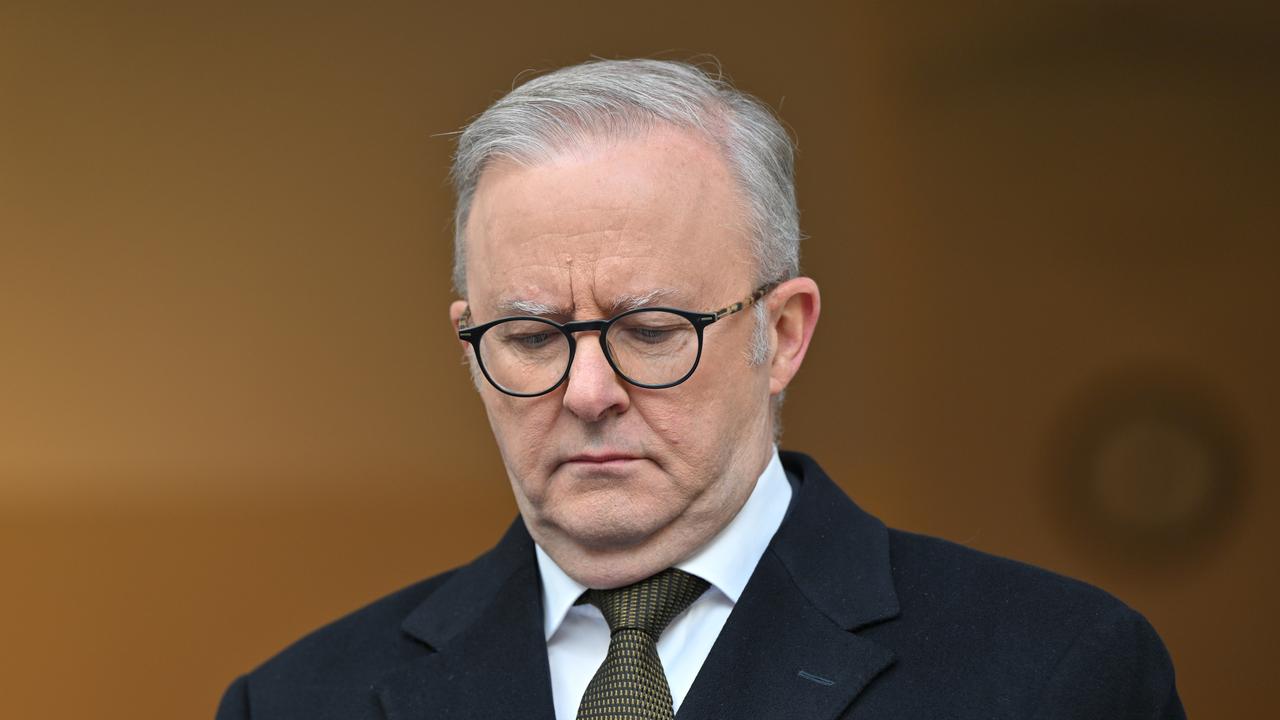
Australia will join more than 140 UN member states in recognising Palestine, but Opposition Leader Sussan Ley said the prime minister’s priorities were wrong.
“He’s clearly distracted by what he’s been talking about now for weeks with respect to Palestinian recognition, that is actually not going to make the world a safer place,” she told Seven’s Sunrise program.
The coalition has pledged to reverse the recognition decision should it win the next election.
Crossbench senator Fatima Payman, who defected from Labor in 2024 after criticising the government’s stance on the Middle East, said recognising statehood was overdue but could not be an end point.
“Symbolism matters, but saving lives matters more so when we’re thinking about what Australia needs to do next, it’s to make sure that they keep that pressure on Israel,” she told ABC radio.
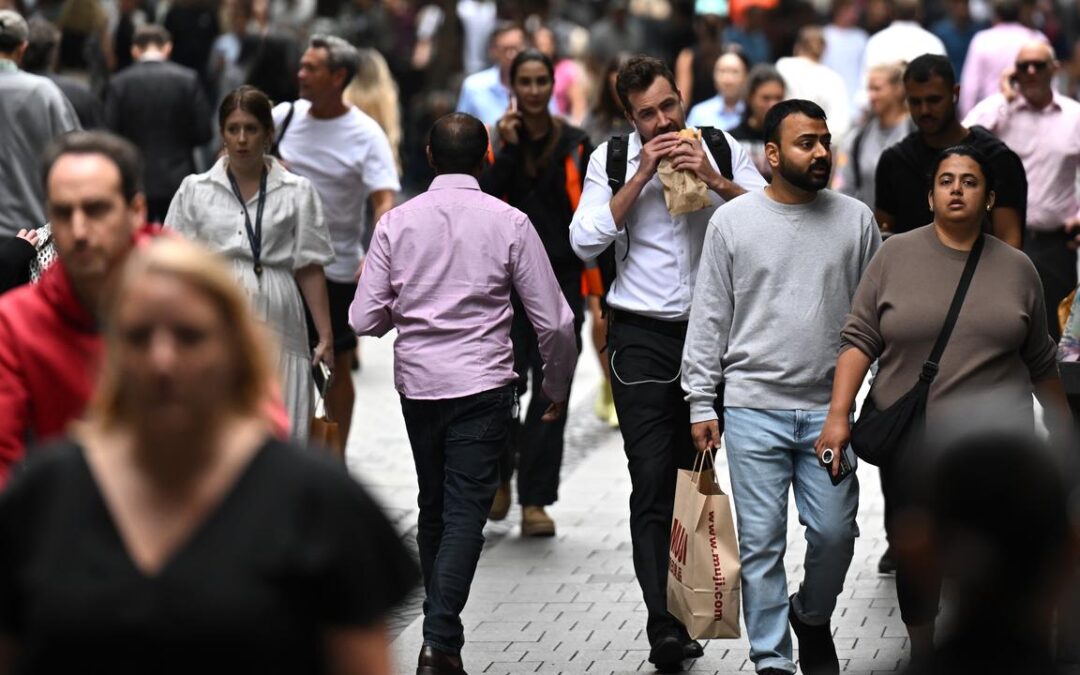
Unions urge four-day work week ahead of economic summit
Unions are pushing for a shorter working week at next week’s economic summit, as the prime minister says there’s room for bold ideas at the roundtable.
The ACTU will call for a four-day week in sectors that can support it, arguing that this will allow workers to benefit from productivity gains and technological advances.
It will further argue that reducing working hours, from a standard five days a week, is key to lifting living standards.
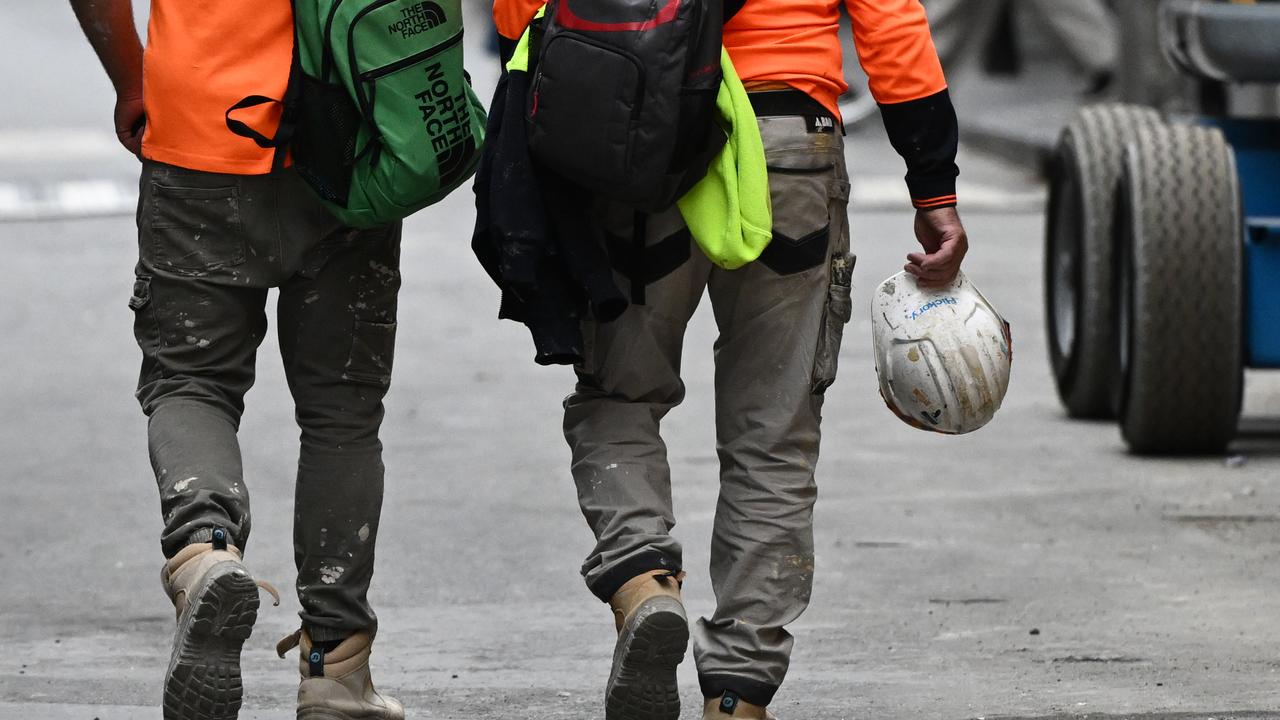
“Shorter working hours are good for both workers and employers,” ACTU president Michele O’Neil said in a statement on Wednesday.
“They deliver improved productivity and allow working people to live happier, healthier and more balanced lives.”
Workers in sectors that would not be able to support a four-day week could be given “more time off or fairer rosters”, Ms O’Neil said.
Prime Minister Anthony Albanese says he’s open to suggestions to boost productivity at the summit and the government is ready for big reform.
“I’m up for big reform and we are a big reforming government,” Mr Albanese told ABC radio on Wednesday.
“We have a big agenda … we’re also up for ideas and we’re up for things that can be done immediately.
“Of course, if they will improve the economy, then of course we’ll give it consideration.”
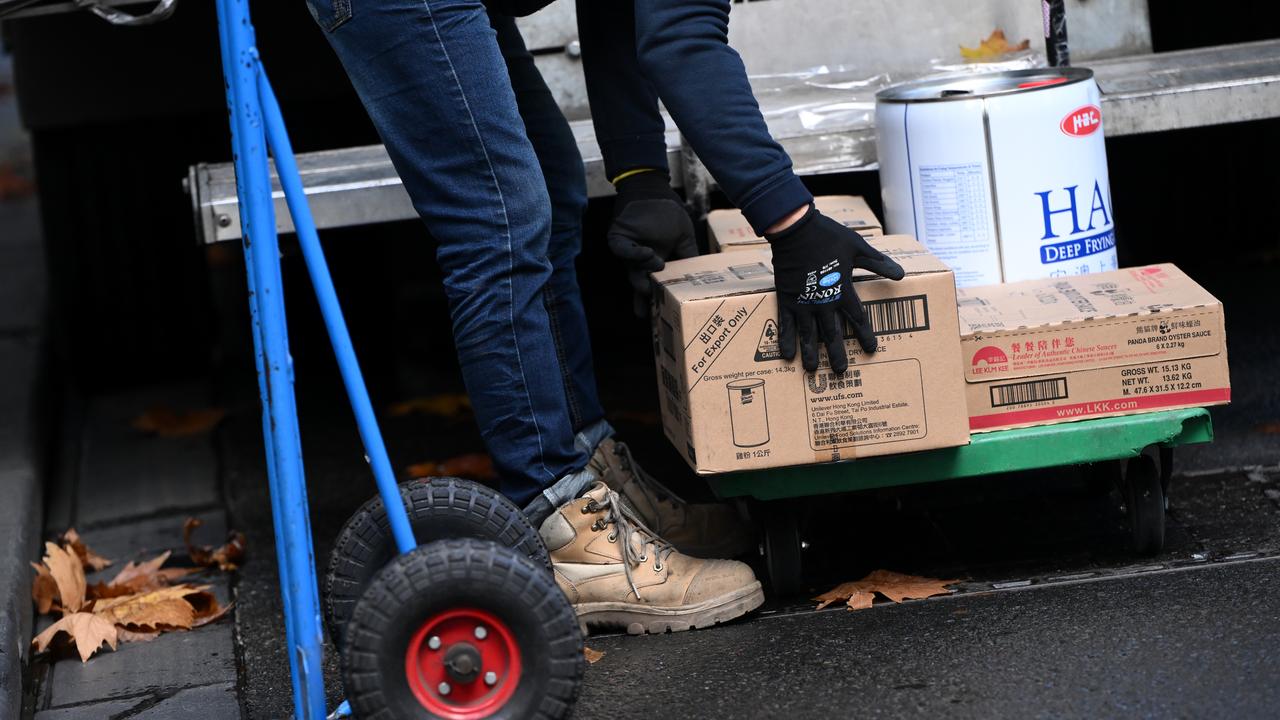
The economic roundtable will focus on lifting productivity, bringing together representatives from business, unions and civil society in Canberra on Tuesday to Thursday.
Mr Albanese said more needed to be done to address the issue.
“We certainly need to do better on productivity, it’s been pretty flat for more than two decades now,” he said.
“It’s certainly our objective not just to do it in three years but to put in place measures that improve productivity over a long period of time.”
But the prime minister talked down reports he had told Treasurer Jim Chalmers to tone down expectations of tax reform resulting from the summit, saying the pair was in regular discussions on the economic agenda.
Dr Chalmers, who also downplayed the reports, said the summit would be about finding new ways to lift the lagging productivity.
“We are aligned,” he told ABC radio.
“We have an ambitious agenda that we’re focused on delivering, and this economic reform roundtable is a good opportunity to shake the tree for more ideas in our economy.
“We’ve got a productivity challenge in our economy.
“We’ve got an agenda to deal with it, and we’re bringing people together to grapple with the next steps when it comes to making our economy more productive.”